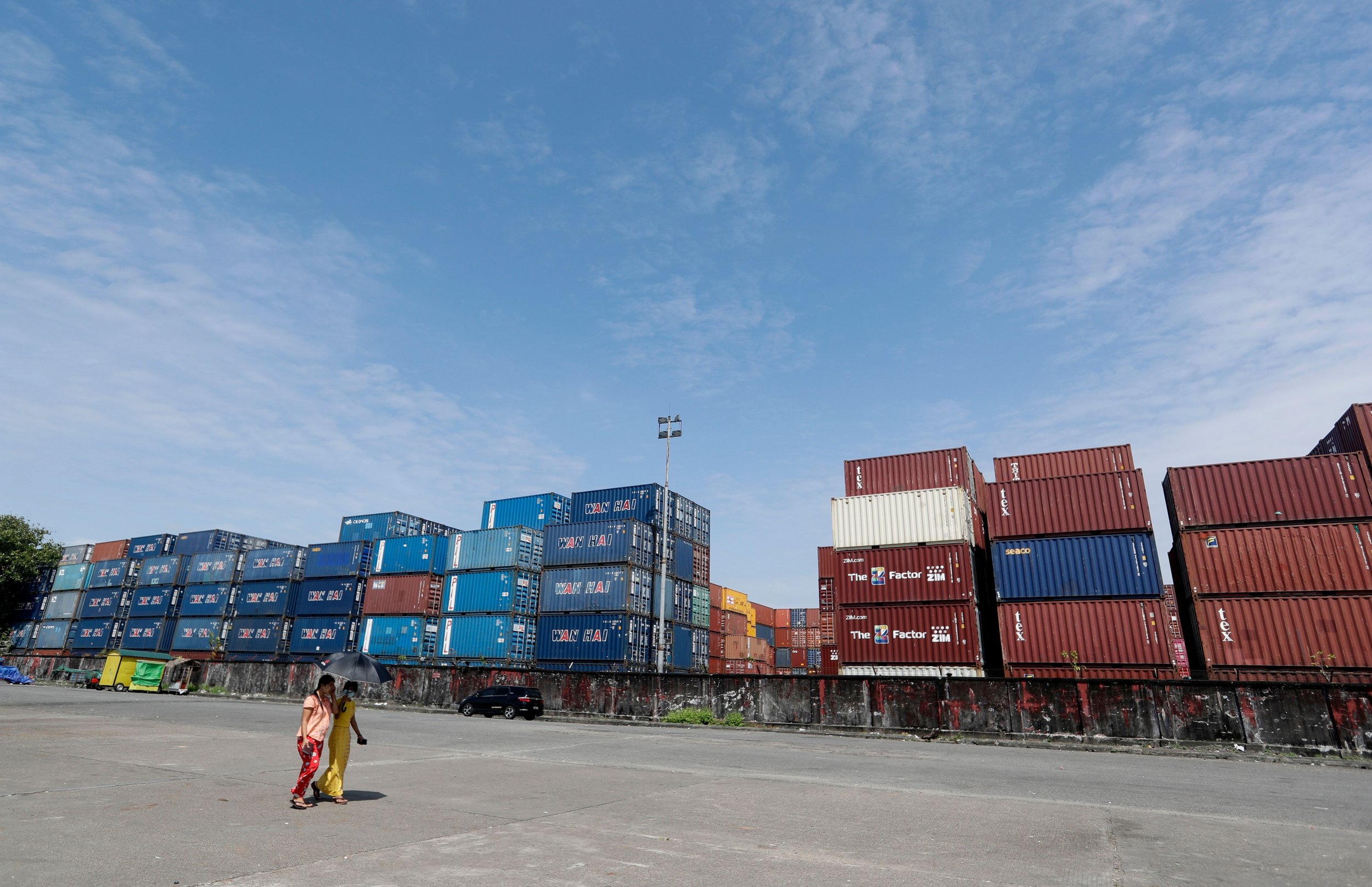PROJECTS
Here, you will find a one-stop-shop for each SOC ACE research project including publications, information about events and external engagement, media and contact details for researchers.
Illuminating the role of third-country jurisdictions in sanctions evasion and avoidance (SEA)
This project examines why third countries – countries neither sending sanctions or the target of them – either facilitate sanctions evasion and avoidance (SEA) or support efforts to counter it. It focuses on sanctions relating to Russia since February 2022 and it based on rapid review of the thematic literature on SEA and empirical research in 13 third countries. Our analysis examines how flows of Russian financial and human capital and patterns of SEA changed since February 2022; what factors affect either facilitation of or support to counter SEA; what are the types of individuals/organisations that facilitate SEA, and what methodologies and typologies do they use.
Combatting trade-based money laundering: Do the Financial Action Task Force recommendations bite?
The Financial Action Task Force (FATF) focuses on combatting money laundering. In February 2012, it codified its recommendations setting the global standard on combating money laundering and terrorist financing. Countries voluntarily accept FATF recommendations and must produce their anti-money laundering (AML) framework for assessment by FATF once they’ve accepted. This project examines eight African and Middle Eastern countries that voluntarily implemented these recommendations from 2012 to 2020. It tests the hypothesis: Does implementing FATF recommendations reduce trade gaps? Using a ‘difference in difference’ methodology the project tests whether suspected illicit financial flows (IFF), measured through the trade-gap methods, decline after the decision to implement FATF recommendations.



